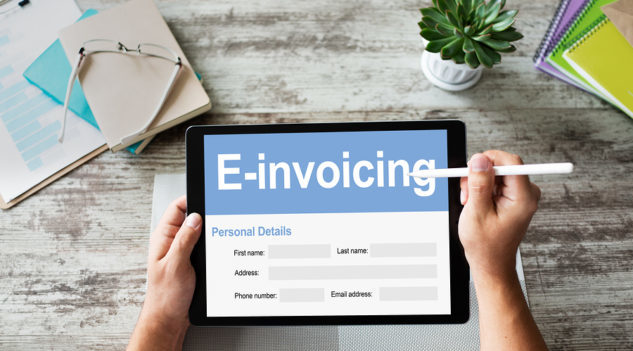The Federal Government announced that it is allotting $23.3 million to help small businesses adopt eInvoicing.
The move has been lauded by various parties.
“This funding is very important for SMEs and provides the ability to adopt eInvoicing that would enable better cashflow management and ensure timely payments,” said Robin Sands, CEO of Link4, a leading eInvoicing solutions provider.”
Currently, while government agencies are already paying eInvoices within just five days, thus dramatically improving cashflow for countless businesses, this is not yet the case for B2B transactions.
Sands pointed out that eInvoicing can significantly reduce payment delays. “Digitising the invoicing process streamlines payments, providing clear, accessible records of transactions,” he said. “If an invoice comes into the accounting system in an efficient way, it is easier for it to be paid faster.”
The Australian Small Business and Family Enterprise Ombudsman (ASBFEO) previously reported that one in four large businesses takes over 120 days to pay small business customers, with only 30 per cent paying within 30 days. As such, small businesses are experiencing late payment rates three times higher than larger corporations.
In response, the Federal Government implemented the ‘Payment Times Reporting Scheme’, which sought to address the late payments issue by mandating large businesses to report their payment times to small businesses and improve payment performance.
“For SMEs, overdue invoices are more than just a hassle; they severely hinder growth,” Sands said. “Cashflow is the lifeblood of any business. Disruptions can stifle expansion and day-to-day operations.”
Sands pointed out that delayed payments impact not just individual businesses but the broader Australian economy. “When SMEs face payment delays, their ability to invest, hire, and grow is constrained. This stifles innovation and job creation,” he explained.
Sands further remarked that large businesses may see delayed payments as a financial safeguard, but this overlooks the broader impact. “Lengthy payment cycles can harm reputations and lead to higher future costs as suppliers raise prices to cover risks. Ultimately, this cost-saving measure can become more expensive over time,” Sands added.
“The problem of delayed payments is complex, but eInvoicing offers a clear solution. By embracing eInvoicing, businesses can improve efficiency, transparency, and standardisation, leading to faster payment cycles and healthier cash flow. For SMEs, this can mean the difference between stagnation and growth,” Sands concluded.















